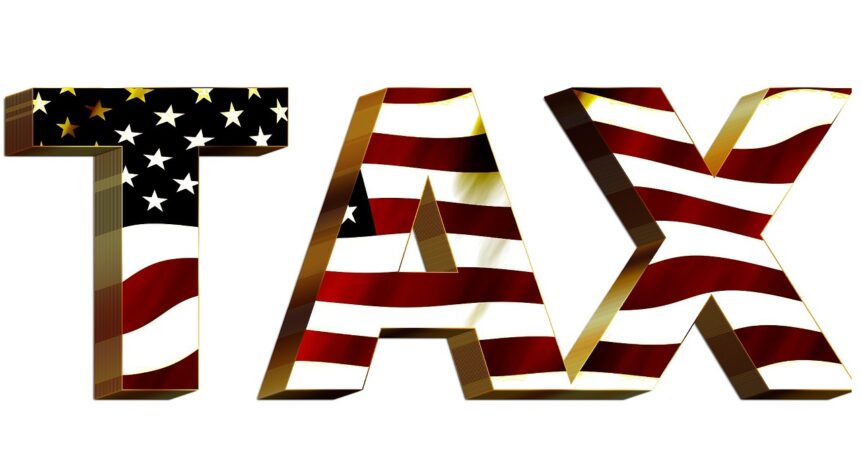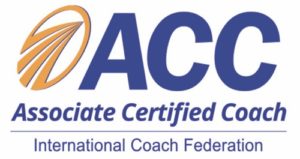Public Service Announcement:
Taxes are due Tuesday, April 18, 2023. Get started now.
Not surprisingly, tax creates a lot of stress for people. It may be especially difficult for those with procrastination, organization, and motivation challenges.
Generally speaking, taxes are frustrating, confusing, and sometimes moderately depressing. So naturally, we tend to procrastinate filing our taxes. Here are some of the reasons we procrastinate this process:
- Excuses: We can come up with many reasons why we don’t do things, especially if the reasons are self-serving and others are doing it too. “Groupthink” anyone?
- Thrill-Seeking: Sometimes, waiting until the last possible moment to do something gives us an emotional high. Generally, this is a short-lived payoff.
- No obvious penalty: There’s no penalty for dropping them off at the post office at 11:59 PM on April 18. Why hurry?
- Work better under pressure: People are less effective and more prone to make errors when working under pressure.
- Perfectionism: Often referred to as “perfection paralysis.” We don’t want to start a project because we fear the outcome may not be “perfect.” Perfect stands in the way of progress.
Hopefully, you’ve already filed your taxes and received your refund, and none of what I’m presenting applies to you. If so, nicely done!
If you are still waiting to file your taxes, here are your next few steps:
Break “pay taxes” into manageable chunks: If something is too big and hairy, our brains will procrastinate. However, if broken down into manageable steps like those noted below, “pay taxes” becomes less daunting. Then, tackle one action item at a time.
Gather documents: You should have received all required documents to prepare your taxes. These documents may include, but are not limited to:
- W-2s from your employers,
- 1099-MISC forms for self-employment income,
- 1099-INT (interest) and 1099-DIV (dividends) forms,
- 1099-B forms showing brokerage trades in stocks and bonds,
- K-1 forms for income from a partnership, small business, or trust,
- 1099-SSA form showing Social Security received,
- Documentation of charitable donations.
Other valuable sources for documents you may need to prepare your taxes:
Tax Preparation Documents for Homeowners
Documents To Take To Your Accountant
Find tax support: If you don’t have one, now is an excellent time to do some research. There are, of course, a plethora of tax preparation options. You can do an internet search on “tax preparation services,” but now may be a great time to use that social network you’ve been building. Ask your friends and relatives if they have anyone to recommend. In addition, some free IRS tax preparation services information may be available, depending on your age and income.
Call For A Tax Appointment: Stop reading right now and call for an appointment with your chosen service. This is a busy time of year, and a meeting may not be available for a few weeks.
Create A Reusable File System To Track And Maintain Tax Documents: Once you’ve gathered all your documents, create a simple filing system (it may only be two file folders or envelopes) that will allow you to repeat this process year after year (generally tax documentation requirements will be the same from year-to-year unless there are significant life changes).
Envelope #1 Current Year Taxes: This envelope will contain a checklist of all the documents required to file the current year’s taxes, plus all backup documentation.
Envelope #2 Next Year Taxes: This envelope will contain the checklist of documents you need to gather for the following year’s tax cycle. Using this previously-created and tax preparer-approved form will make it easier to ensure you have all the documentation you need for simple tax preparation come year’s end.
I suggest using sturdy plastic folders or envelopes for this purpose; that way, you’re not replacing them yearly.
Filing taxes isn’t always fun and rewarding. Still, the consequences of not filing (or not filing on time) can be expensive and stressful. Don’t procrastinate.
Cindy Jobs, PCAC, ACC
Looking for more information?
Click here for ADHD-friendly Time Management Tools
Click here to schedule a complimentary breakthrough session.
For more helpful information, follow me on Facebook.







